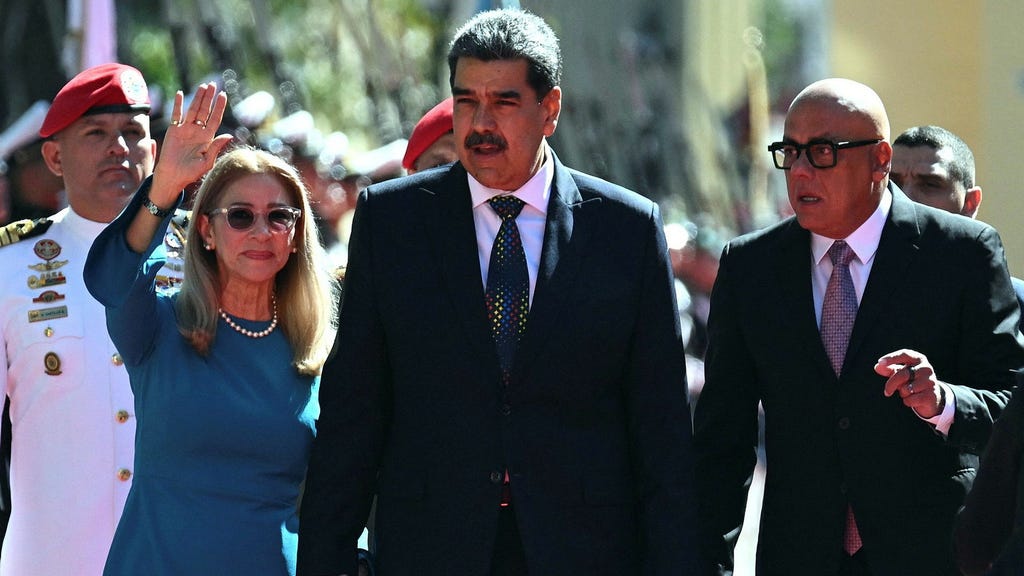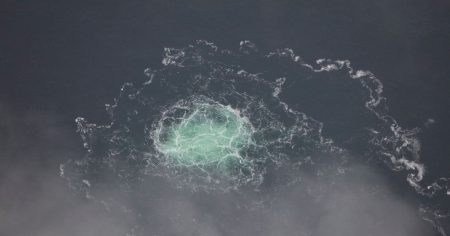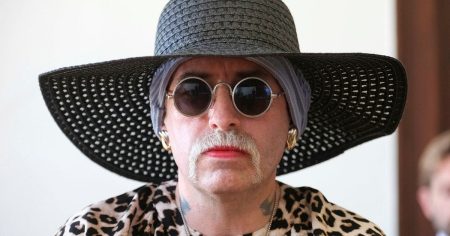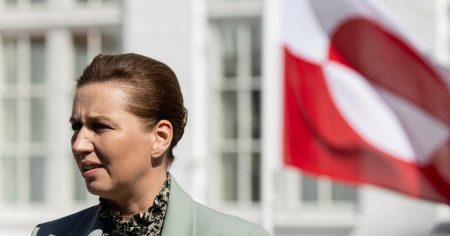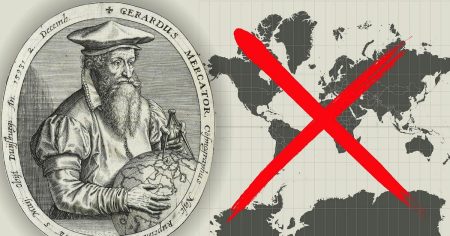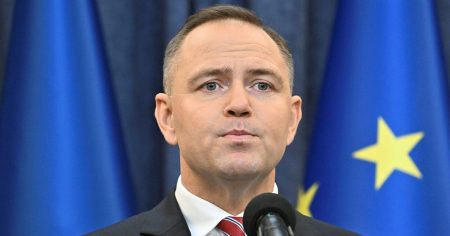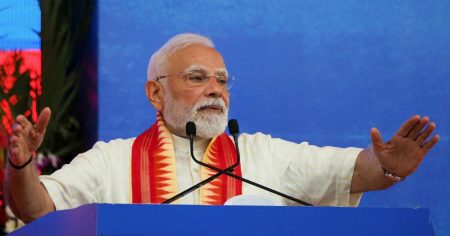Nicolás Maduro’s Controversial Inauguration: A Preemptive Strike Against the Venezuelan Opposition
In a move that stunned the Venezuelan opposition, Nicolás Maduro took the oath of office an hour earlier than scheduled, solidifying his hold on power for another term. This preemptive maneuver aimed to thwart opposition candidate Edmundo González, widely believed to have won the election, from claiming the presidency. González, fearing arrest, remained in the Dominican Republic, unable to return to Venezuela and challenge Maduro’s inauguration. Maduro’s inauguration speech was defiant, claiming the constitution as the creation of the people, not the oligarchs, directly addressing those he considered traitors to the nation.
The inauguration ceremony was sparsely attended by international dignitaries, with only a handful of leaders present. Cuba’s Miguel Díaz-Canel, Western Sahara’s Bucharaya Hamudi Beyun, and Antigua and Barbuda’s Gaston Browne were the only heads of state in attendance. Even Maduro’s allies, such as Bolivia’s Luis Arce and Nicaragua’s Daniel Ortega, were conspicuously absent. China and Russia sent lower-ranking officials, further highlighting the lack of widespread international support for Maduro’s continued presidency. This limited attendance underscores the international community’s skepticism towards the legitimacy of the electoral process and Maduro’s claim to power.
Neighboring Colombia, led by leftist Gustavo Petro, condemned Maduro’s inauguration, accusing his regime of human rights abuses and undemocratic practices. Chile’s leftist president, Gabriel Boric, echoed this sentiment, criticizing Maduro for clinging to power through fraudulent elections and explicitly labeling his government a dictatorship. This regional condemnation from left-leaning leaders further isolates Maduro and challenges his claims of democratic legitimacy, highlighting the widespread disapproval of his authoritarian tactics.
The Venezuelan opposition, caught off guard by Maduro’s early inauguration, struggled to formulate an immediate response. Opposition leader María Corina Machado, recently arrested and released, promised a public address from her undisclosed location in Caracas. This incident, along with the preemptive inauguration, illustrates the ongoing political tension and the regime’s repressive tactics against dissenting voices.
International bodies like the US, Canada, and the EU have openly rejected Maduro’s legitimacy, echoing the opposition’s claims of electoral fraud and supporting González as the rightful winner. Kaja Kallas, the EU’s High Representative for Foreign Affairs, condemned the escalating repression in Venezuela and announced further sanctions against 15 Venezuelan officials accused of undermining democracy and human rights. These sanctions further isolate the Maduro regime and signal the international community’s commitment to holding those responsible for human rights violations accountable.
Maduro’s continued rule, which began in 2013, has been marked by controversy and accusations of human rights abuses, leading to an investigation by the International Criminal Court. The US government has accused him of facilitating drug trafficking and has increased the reward for information leading to his and Interior Minister Diosdado Cabello’s arrest to a substantial sum, further escalating the pressure on the Venezuelan regime. This combination of international pressure, internal dissent, and economic struggles paints a precarious picture for the future of Venezuela under Maduro’s continued leadership.





